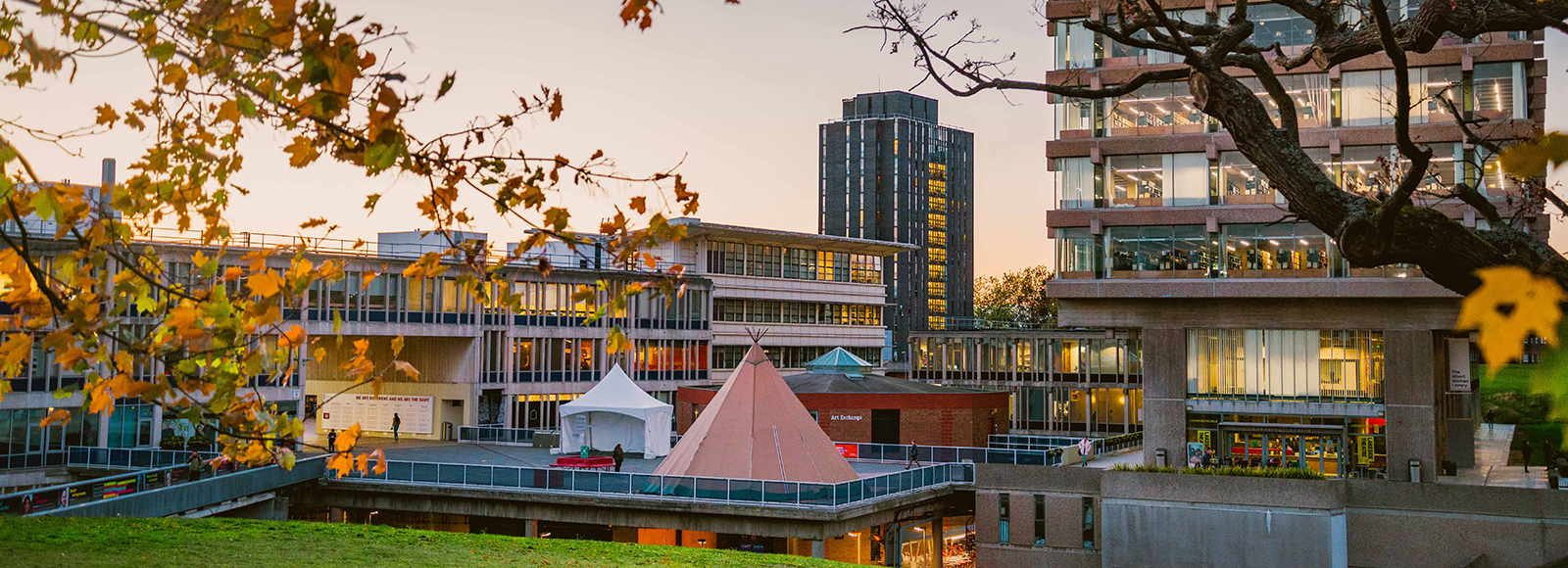- ...
Postgraduate Studentships - Search for funding opportunities.
Postgraduate Studentships - Search for funding opportunities.
Heritage is the physical and intangible cultural materials we choose to preserve and value. But heritage is also a matter of heated debate. How do we manage, preserve, and communicate our heritage today? In what ways is the past remembered or forgotten, exploited and renegotiated in the present? What are the differences between tangible and intangible, cultural and natural, physical and digital heritage?
Our interdisciplinary MA Heritage and Museum Studies offers specialist, practically-grounded and academic training exploring these questions and more. Our intensive degree emphasises the real-world relevance of debates surrounding cultural patrimony, and the ways in which it is presented and consumed.
The MA is made up of core and optional modules, where you will develop knowledge of the field and practical skills, all while pursing your own specialist interests in the field of heritage.
You will study topics including:
One of the major reasons for choosing Essex is the quality of the education you will receive. We are ranked 6th among Art History departments in the UK for research excellence (REF 2014), mainstream universities, THE 2014) and our Interdisciplinary Studies Centre boasts a wide range of innovative undergraduate and postgraduate courses grounded in an interdisciplinary ethos that fosters new ways of thinking and learning.
We will consider all applicants with 2:2 or above, or equivalent international qualifications. For some courses, there may be additional requirements which can be found on our website.
For fees and funding options including scholarships available please visit website to find out more
On completing this MA you will be well prepared to either undertake further postgraduate study in heritage, or to enter the workplace in the heritage industry, museums and related fields.
Graduates from our programmes are ideally prepared for roles in museums and galleries, in education (in schools, universities, and cultural institutions), as conservators and specialist art lawyers (with additional training and qualifications), as auctioneers, dealers and antiques specialists, the digital and creative media industries, in charities, in publishing, as PR agents, in fashion, or to run their own galleries.

Founded by Sir Albert Sloman during the peak of the counterculture, the University of Essex was built to be “a new kind of university…where research r...
Sign up to Postgraduate Studentships
Sign up to compare masters
Thanks for making your selection. Click below to view your comparisons.